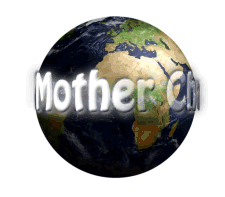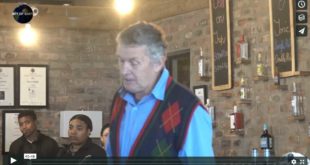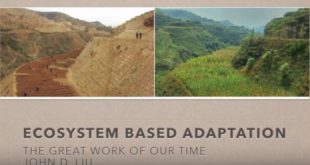In our follow up interview with bee researcher, Ms Jenny Cullinan, (co-founder of UJUBEE), we covered Disease in bees, Artificial insemination versus natural breeding and Self medicating to maintain healthy immune systems in the colonies, and in this final interview we conclude with protection of bees (legislation), biodiversity and healthy environments for bees and creation of habitats in biomes, among others.
South African bees are not listed as ‘endangered’ due to fact that 90% are wild, but we have to be alert to ensure that the status quo does not change and also be able to understand the carrying capacity for each biome through our research. We work mainly in our National parks with the applicable permits to carry out research on the bees, and are looking very closely at legislation to ensure that they are legally protected in these areas, an example of this is that we have found external hives that have been placed in some of our reserves which have to be removed, as when additional external colonies are added to an existing area, if affects the genetics and pollinators of the established colonies. In our research, we look at healthy/natural carrying capacities as well as survival numbers of colonies per biome, e.g. Cape Peninsula fynbos and once a baseline has been established, we will expand our research to other biomes.
In addressing the farming aspect of bee-keeping, it is an exploitation of the bee in trying to obtain maximum honey production, therefore having to grow food sources for them. In response to a question regarding recommendations for fruit farmers and sustainable bee-keeping, there are some key requirements like a) permanent apiary site, b) no pesticides/herbicides, c) companion planting, d) wild flower corridors in orchards and e) farmer methods to become more eco-friendly and natural. Once wild flower corridors have been established, without use of pesticides the “little bees’ (solitary and semi-social bees) who are better pollinators, will return, boosting pollinator numbers and stimulating the honey bees too, which in turn will improve the fruit quality and quantity for the farmer. Monoculture (single crop) farming practices are literally deserts for the bees and unhealthy environments, whereas, permanent apiary sites, planting for bees and wild flower corridors are essential as they create biodiversity and ensure good health in bee populations. (http://www.carbontradewatch.org/issues/monoculture.html)
In terms of lessons for other countries, it’s difficult to say, as our bees are indigenous and live in our vast game reserves and national parks in areas that are completely wild, meaning we have environments and habitats that are unspoilt. In comparison, the UK has an indigenous bee population, however, most of their habitats are lost due to population growth, towns and farming over the years, leaving only 5% of the bees still in the wild. A generic problem worldwide is habitat loss.
The need for habitat creation throughout the world for bees is a priority, with corridor gardens being created through cities, on rooftops and planting bee-specific vegetation in order that bees can move through these areas into the countryside in a healthy way. There are already many organizations around the world that are involved in these corridor garden concepts, but it needs to spread and grow exponentially.
The organization UJUBEE (‘UJU’ being Zulu word for honey) started on a Facebook page in Durban, which has now developed into our website, ujubee.com, where our research, information and updates can be sourced, including a Facebook site which is our diary, which details what we are currently working on, bee species, updates and more.
Links:
https://www.growveg.co.za/guides/plan-a-beefriendly-garden/
 Mother Channel Environmental, climate change news and media.
Mother Channel Environmental, climate change news and media.



